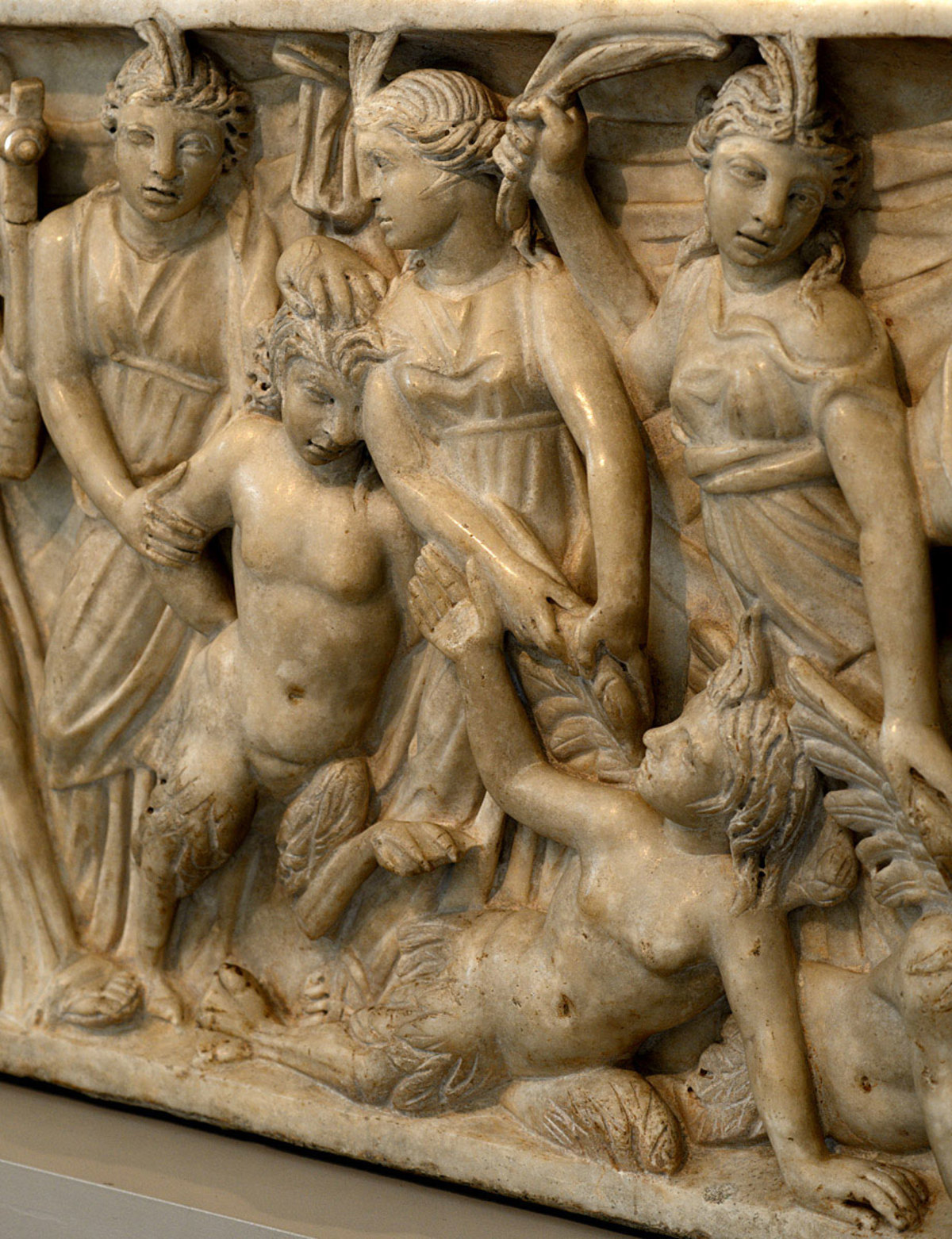 |
| Platskart...open wagon travel. |
COVID has created our own Siberias. My next installement on the Camino de Ítaca travels from Vladivostok all the way to Extremadura. Click over to the original Spanish version or the English one below.
We were somewhere around Chita on the blurry edges of Mongolia
and China when the vodka really started flowing. I remember, in a vain attempt
to make communication, passing around our well-thumbed pocket atlas to the
people who continued to fill my glass because at that point the only Russian I
knew was how to form a negative, and these people weren’t taking no for an
answer. These were professionals.
We had left Vladivostok several days before and had only just
crept around the outstretched elbow of China and dropped into the vastness of central
Siberia when our fellow cellmates in our dormitory platskart train car decided that even if we couldn’t speak any
Russian, we could propose elaborate toasts. Bundles were unwrapped and bread,
pickles, herring and russian meat patties were set out to accompany the bottomless
bottles of vodka that fuelled our conversations that went nowhere.
With the summer sun skirting the horizon in front of us, the train
rolled into one of the endless Cyrillic names that marked the stations along our
route in my atlas and I remember saying something like ‘maybe I should sit this
round out.’ Suddenly there was a terrible roar all around us and the air became
choked with a deafening buzzing sound. A black mass poured into the open
windows and breathing became difficult.
By this point, I had been on the move for more than fifteen
years, constantly traveling for my entire adult life, either because of music,
teaching or writing. Now, I was faced with two less than desirable
possibilities. Either I was about to die of blood loss from ravenous Artic
mosquitos that seemed to coat every surface or blood poisoning from the next
bottle of dodgy looking vodka with a matador on the label that had aluminium foil for a lid.
The epiphany came as vendors competed with the mosquitos for space through the
windows. It was time to set up a base, a home and stop
moving for awhile. It was time to come ‘home’. It was time to, if not stop,
slow down.
After crossing the entire landmass of Asia and Europe, I found
my Almohad refuge behind the millenarian walls of Caceres. Travel, however
continued to beckon. A tour in the southern United States, a teaching position
in Libya, a chance to write about Damascus or a family get together on the
prairies of Canada, there always seemed to be a reason. I now had a base, but
then something would call me away.
That is until the coronavirus.
After months of being closed in behind my arabic wall, travel is
once again possible. Borders are cautiously opening and airlines are desperate
for our business. Look up and you can see the supposed chemtrails have returned
to the sky. My doubt is whether to listen to the sirens’ call or let them sing.
A future without travel is inconceivable to me. After all,
it’s precisely travel that has made me what I am. What can change though is the
distance we move, the focus can shift closer to home. Now is time to travel
deeper, now is the time travel on foot. Now is the time to discover those
Siberias closer to home.




